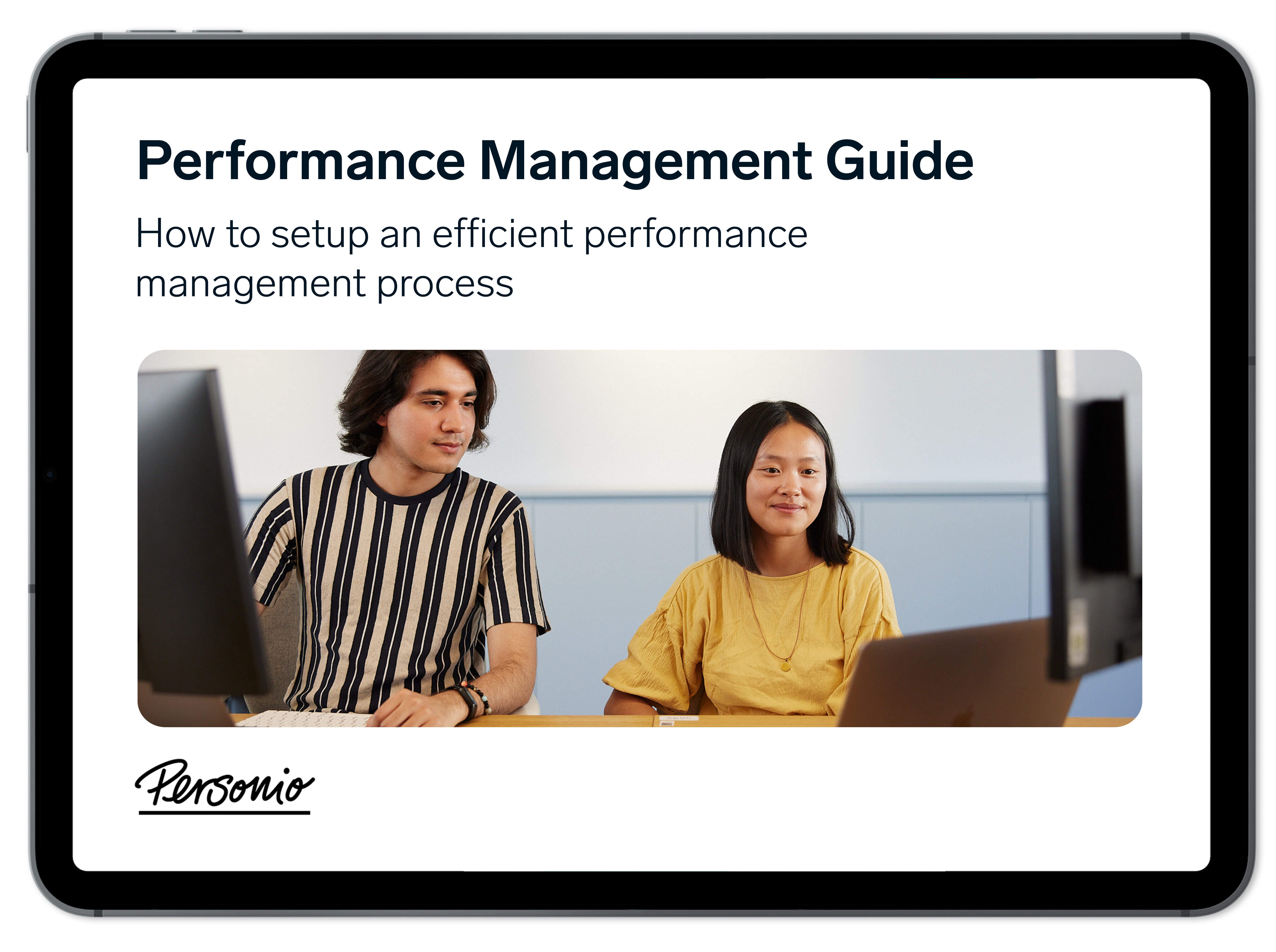Is It Illegal To Give a Bad Reference?
Is it illegal to give a bad reference? The legality of references has been discussed for quite some time. In this article, we will go over all the frequently asked questions and provide answers to each, including:
Is it legal to give a bad reference as an employer?
If you’re giving a bad reference, how can you do it?
And, how might employees dispute bad references?
Is It Illegal To Give A Bad Reference?
In short, no. It is completely legal to give a bad reference as an employer to former employees. It comes down to the following: If an employer is giving out a reference to a former employee, it needs to be a truthful reference.
This can lead to two distinct outcomes:
If the employee did well in the company and didn’t have any disciplinary actions against them, the employer will most likely write a good reference.
If there was a disciplinary action going against the employee that caused the employee to get sacked, then the employer has every right to write a bad reference.
To protect themselves, employers can decide to write only basic references or not write one at all. Writing a reference isn’t an obligation for the employer, unless stated differently in the employment contract.
But, there may be the case that an employee is applying for employment in a regulated industry. In some cases, references are obligatory.
Bodies such as the Financial Conduct Authority will require references from ex-employers. With basic references, the employers only write the factual elements of the employment:
When did the employee start working for them
What did the employee do (what was their position)
When did the employee stop working for them
A bad reference usually comes in the form of a full reference, where the employer states elements of employment such as:
Character traits of the employee that were relevant to their workplace
Disciplinary actions that were processed against the employee
If the employee was dismissed (and why they were dismissed)
Can an Employee Challenge a Bad Reference?
If an employee receives a bad reference, they can challenge it on the basis that the reference was:
Misleading: Misleading references can make the new employer think that the employee has a certain trait that would make them not suitable for work.
Discriminatory: If the reference discriminates against the employee on any of the Equality Act 2010 categories such as sex, race, religion or age.
Inaccurate: If the employer simply wrote a reference that was factually inaccurate.
An employee needs to prove that the bad references caused damage. They also need to prove that they suffered a loss because of it such as withdrawal of a job offer.
Drive Retention With Better Performance

Learn how to help your workforce grow and become future-ready with our detailed guide to managing performance at your organisation.
Download It For FreeThe Steps to Challenging A Bad Reference
Employees can challenge a bad reference they received from their ex-employers. The process below details the steps often taken:
Speaking to the Potential Employer
Usually, the employee will talk with their new employer about the elements stated in the reference.
They will try to “fix” the things from the reference by addressing them with the new employer. An employee might try to provide new details regarding the matter, go on a probation period or even offer to get references from other employers.
On top of that, the employee might ask to see their reference and ask for the identity of the person who has written the reference in question.
If there’s still a problem with the bad reference, the employee may choose to take legal action.
Taking Legal Action
An employee can take legal action when it comes to receiving a bad reference. Usually, they will pursue one of two options:
Make their claim at the employment tribunal: If the employee is making a claim at the employment tribunal, they need to make it in the limitation date period— it’s at maximum a three-month period from when the discrimination happened.
Make their claim at any other tribunal, such as a county court: Employees can also take their claims to any other court, especially if they suffered a loss because of inaccurate or misleading references.
Frequently Asked Questions
Here we will answer the most frequently asked questions when it comes to the world of less-than-stellar references:
What Happens If You Are Given A Bad Reference?
That can vary from employee to employee and from situation to situation. Sometimes, the employee will get a job offer withdrawn because of the bad reference so they will try to make a claim that it was inaccurate, misleading or discriminatory. Other times, the employee will simply try to work on things with their new employers.
Is Giving Bad References Illegal in the UK?
It is legal to give a bad reference to your former employee. However, the reference can’t be misleading, inaccurate or discriminatory under the Equality Act of 2010.
Can An Employer Give A Negative Reference?
Yes, an employer can give a negative reference to their past employees. Many employers choose to protect themselves by only giving out basic references, stating only when the person started working for the company, their salary, position and when they stopped working.
What Are Employers Allowed To Say In References?
Employers can decide between writing a basic and a detailed reference:
The basic reference simply states when the person started working at the company, what their salary and position were, and when they stopped working for the company.
With a detailed reference, the employer can state additional elements such as if any disciplinary actions were claimed against the employee, their character traits that are relevant to the workplace, timekeeping, and their reason for leaving the job.
Keep All Your Documents Secure
Get all of your data in one place with Personio’s Digital Employee File feature. All of your most critical employee documents, from contracts to references, securely stored and fully GDPR-compliant. Learn more here or start a free trial today to see things in action.

